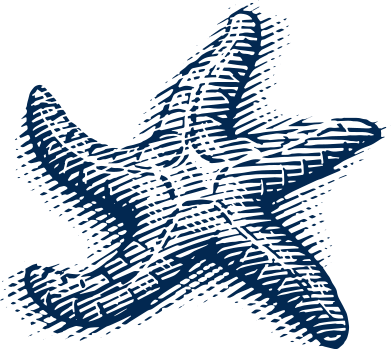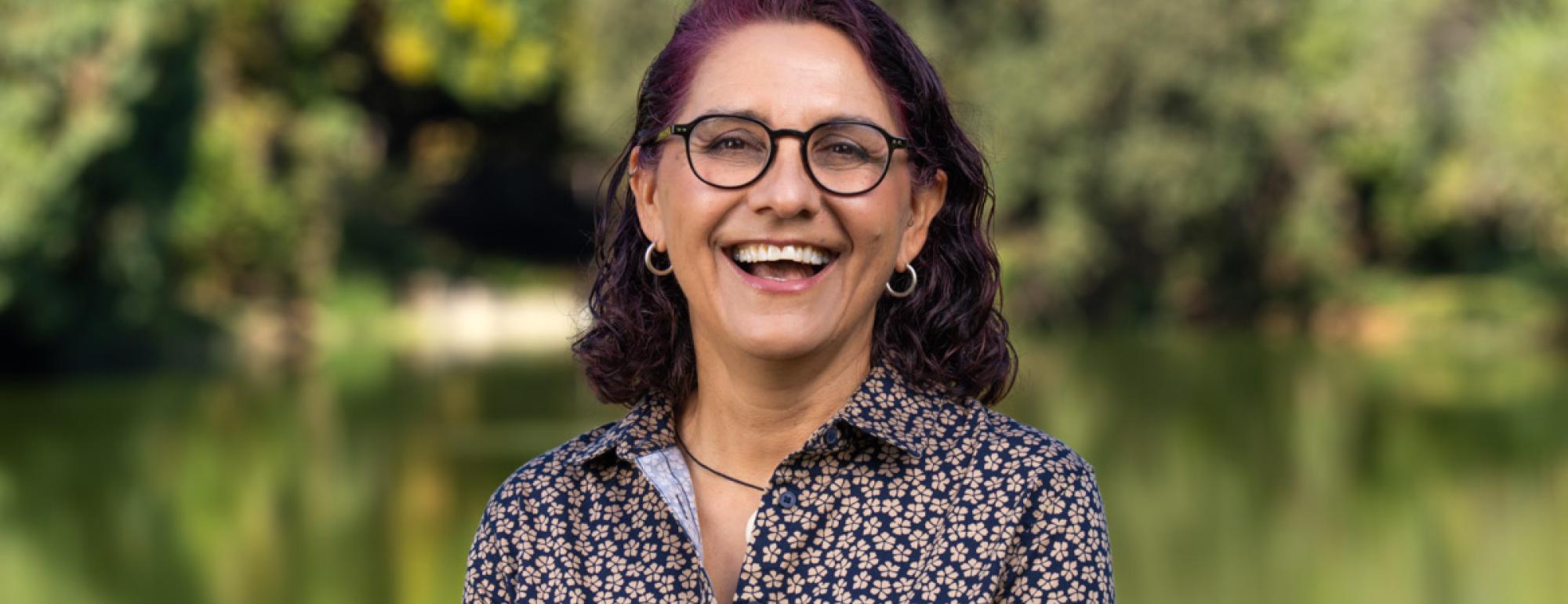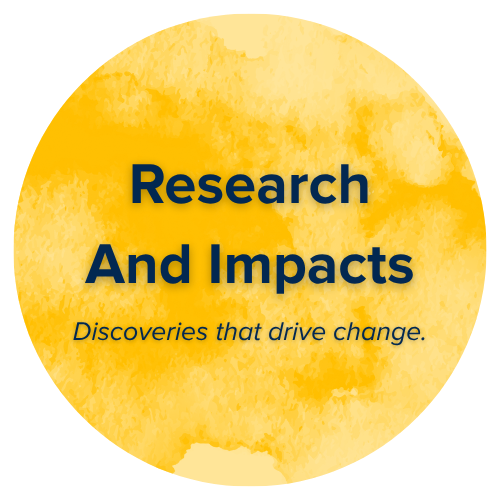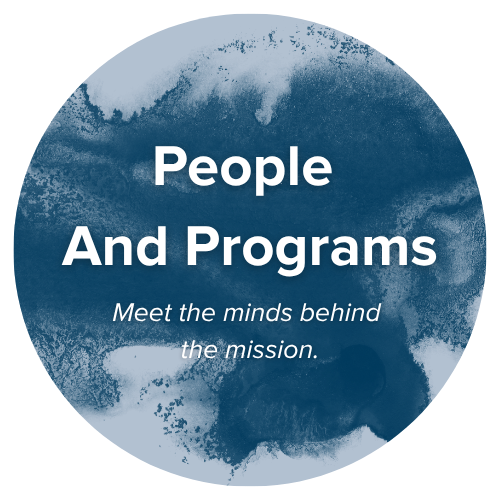Recent News And Stories
Protecting the Ocean We Have
Fourth-year UC Davis geology student Sonia Somasundaram was studying in the Cadet Hand Library at the Bodega Marine Laboratory when a fellow student burst through the library’s doors.
Growing Through Discovery: 2025 SRJC Internship Experiences
For more than a decade, the SRJC–BML Internship Program has connected Santa Rosa Junior College students with hands-on research experiences at the UC Davis Bodega Marine Laboratory.
To Wear or Not to Wear, That is the Question
To wear or not to wear these clothing, that was my question everyday as a land steward intern. Most of my internship was spent outdoors doing fieldwork for habitat restoration, specifically invasive plants removal. I worked closely with my mentor Luis, the Bodega Marine Reserve steward, and Cabrilla.

Tideline Newsletter
Tideline is the Coastal and Marine Sciences Institute's quarterly newsletter. From deep dives into kelp forests and student experiences to in-depth interviews with faculty and researchers, there's always something new to explore and discover.







